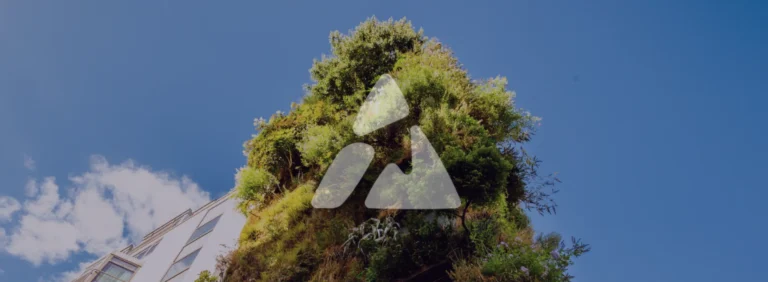
Rewilding the Concrete Jungle
Nature-Based Solutions for Urban Biodiversity Revolution “We cannot live healthy in a sick world.” These words, echoing Pope Francis’ call for integral ecology, frame the
“cities are where the climate battle will largely be won or lost.” – UN Secretary-General António Guterres
Home to over half the world’s population, covering just 3% of Earth’s land, and responsible for more than 70% of global emissions, cities concentrate both our greatest risks and our most powerful opportunities.
Regenerative cities unite urban and rural territories, businesses, institutions, governmental bodies, local public authorities, and diverse communities, harnessing social capital, innovation, and cutting-edge technologies, including generative AI, to accelerate and amplify regenerative impact: it is a whole-of-society transformation where every industry and individual contributes to and benefits from regenerative outcomes. In doing so, metropolitan centers and their surrounding regions grow in balance, enabling the co-evolution of human beings, the natural world, and the built environment, from ecosystems to cities, as one thriving, interconnected system.
Unlike circular economy models that maintain equilibrium, regenerative cities “give forward” by creating expanding positive cycles that continuously improve ecological, social, and economic conditions. This decade will decide whether urban civilization heals the planet or deepens its decline.
Territories embracing regeneration become seeds of possibility, showing that urban systems can enhance, rather than degrade, their environments.
This manifesto is a call to action for cities to become ecosystems of resilience, creativity, and care, demonstrating that urban development can regenerate nature, empower people, and foster enduring prosperity.
This is the decade of regeneration. The future will be built in cities. Let us begin.
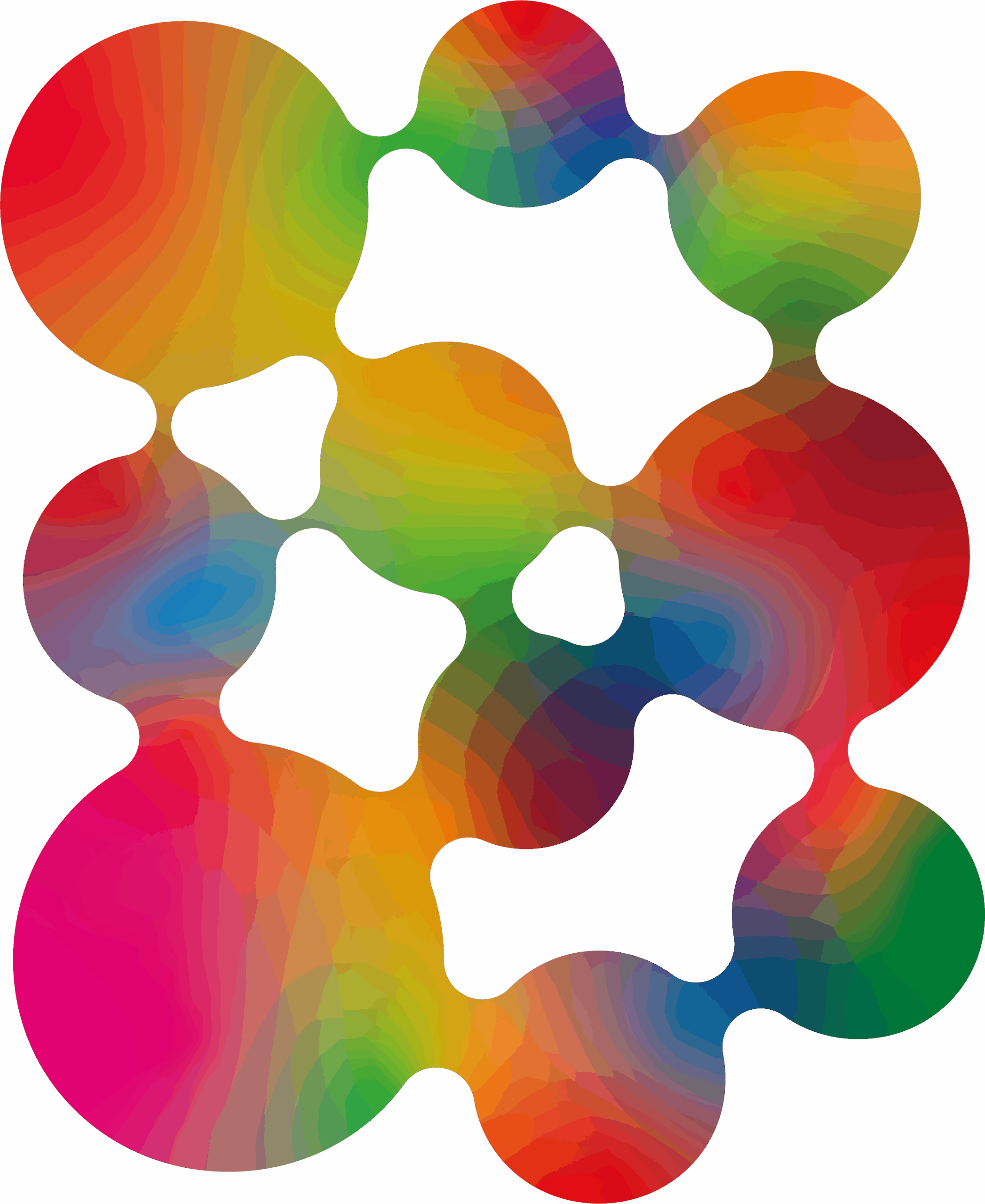
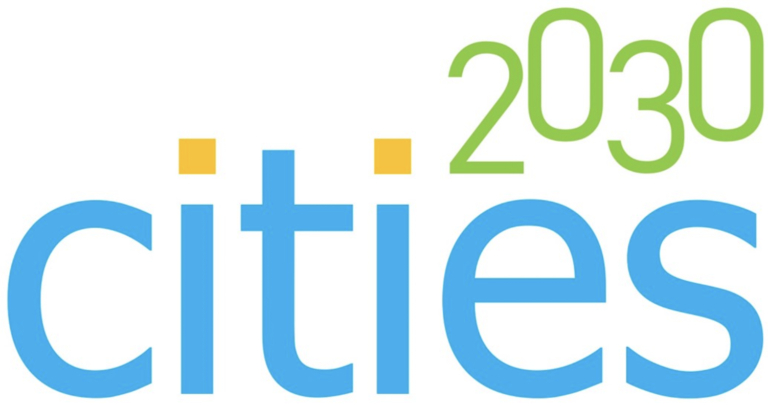
In partnership with the European Union (Horizon 2020), the European project “CITIES2030 – co-creating resIlient and sustainable food systems towards FOOD2030” aims to innovate and optimize the cycles of production, distribution, and disposal of food at urban level.
In partnership with ENEL, Future Food Institute contributed towards mapping the best examples of circular cities with a specific look at governance.
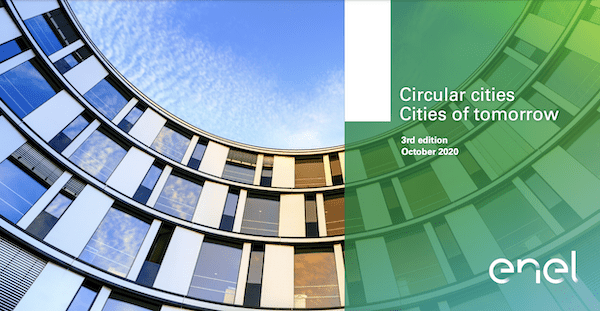

Nature-Based Solutions for Urban Biodiversity Revolution “We cannot live healthy in a sick world.” These words, echoing Pope Francis’ call for integral ecology, frame the
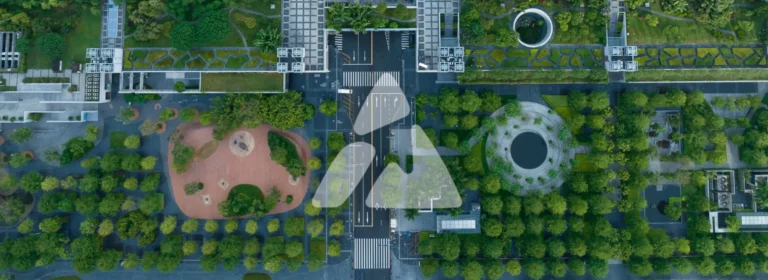
We are not just living through an era of change — we are witnessing a change of era. Humanity has crossed a threshold where the
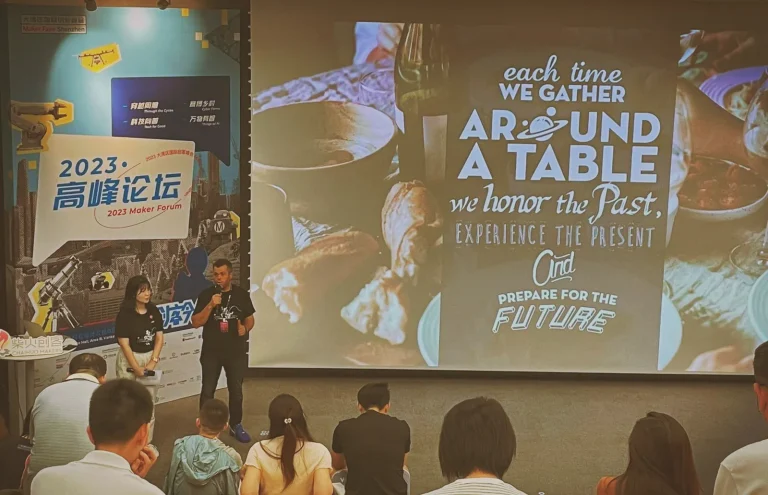
The Future Food Institute’s return to the Maker Faire, led by the visionary Andrea Magelli, in Shenzhen, China, is more than a mere participation; it’s a
| Cookie | 期間 | 説明 |
|---|---|---|
| cookielawinfo-checkbox-analytics | 11 months | This cookie is set by GDPR Cookie Consent plugin. The cookie is used to store the user consent for the cookies in the category "Analytics". |
| cookielawinfo-checkbox-functional | 11 months | The cookie is set by GDPR cookie consent to record the user consent for the cookies in the category "Functional". |
| cookielawinfo-checkbox-necessary | 11 months | This cookie is set by GDPR Cookie Consent plugin. The cookies is used to store the user consent for the cookies in the category "Necessary". |
| cookielawinfo-checkbox-others | 11 months | This cookie is set by GDPR Cookie Consent plugin. The cookie is used to store the user consent for the cookies in the category "Other. |
| cookielawinfo-checkbox-performance | 11 months | This cookie is set by GDPR Cookie Consent plugin. The cookie is used to store the user consent for the cookies in the category "Performance". |
| viewed_cookie_policy | 11 months | The cookie is set by the GDPR Cookie Consent plugin and is used to store whether or not user has consented to the use of cookies. It does not store any personal data. |